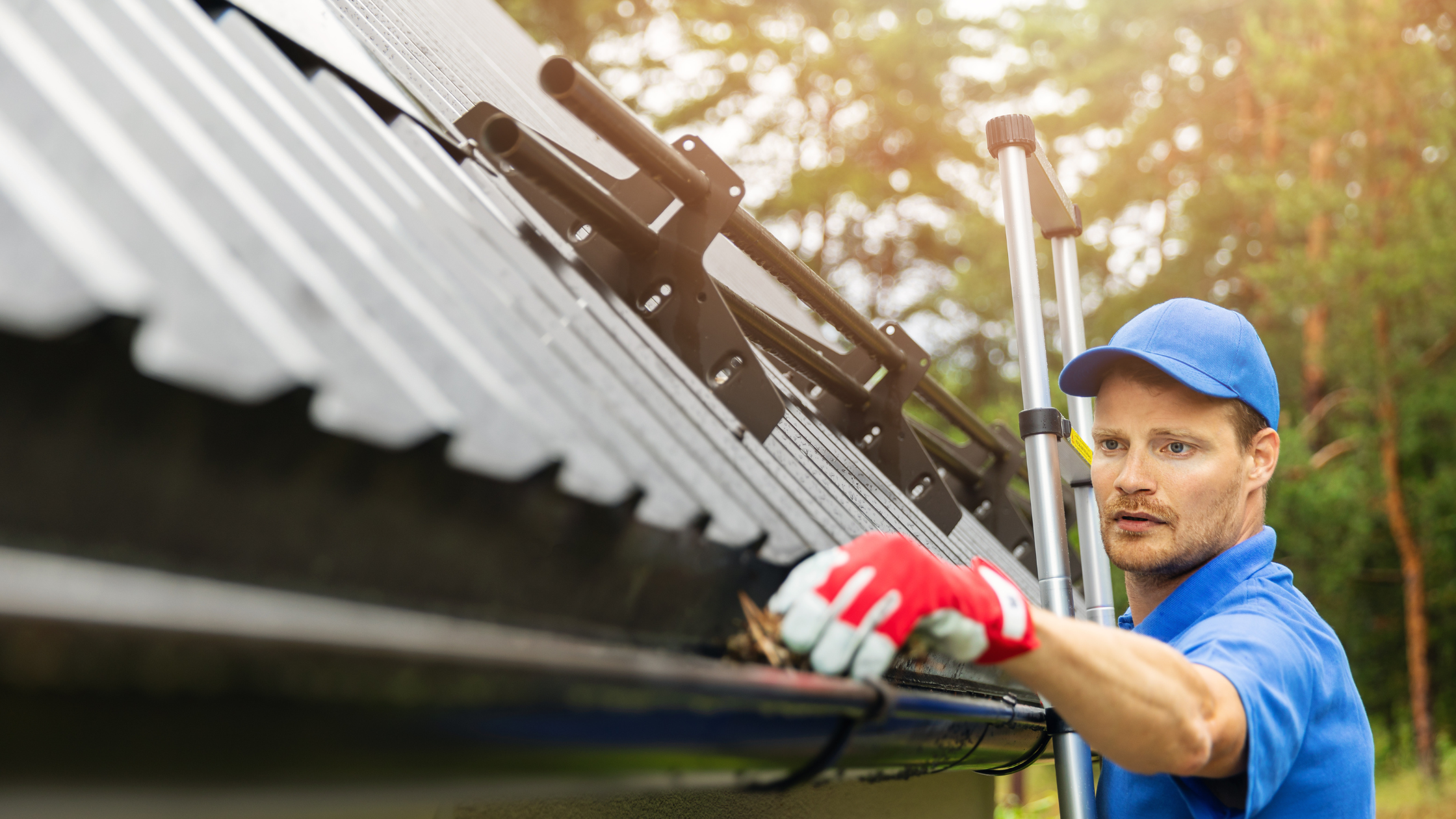10 Home Winterization Tips
Here in the Pacific Northwest, as fall and cooler days roll in, it’s time to start thinking about winterizing your home. Taking a handful of proactive measures can help ensure your house is comfortable, energy-efficient, and protected during the colder months. These home winterization tips may take a little extra work on your part, but they are quite important to protect your most significant investment: your home.
Let’s jump right into these 10 home winterization tips:
- Insulate for Warmth
Proper insulation is important for winter preparedness. It helps retain heat and significantly reduces energy costs. Hire a professional, like myself, to assess your home’s insulation, paying particular attention to the attic and walls. By upgrading or adding insulation, you can create a cozy sanctuary that keeps the chilly air at bay. If you’re into DIY, here’s a guide that could help. - Seal Windows and Doors
Drafty windows and doors can cause heat loss and make your home less energy-efficient. I recommend conducting a thorough inspection and sealing any gaps or leaks with caulking or weatherstripping. Not only will this keep the cold air out, but it will also save you money on heating bills. I don’t know about you, but to me, saving money is key. Especially in this economy! - Check Your Heating System
Before the first cold snap, it’s wise to have your heating system checked by a professional HVAC technician. They will inspect and clean it, so it runs smoothly and efficiently throughout the winter. If you need a recommendation, I can help you connect with trusted HVAC experts. - Chimney and Fireplace Maintenance
Curling up by a crackling fire on a chilly evening is one of the joys of winter. .But before you light that first log, it is recommended to have your chimney cleaned and inspected. This ensures proper ventilation and eliminates any dangerous build-up. Side note: It may feel like overkill to have it done every year, but it really isn’t. You might let it slide some years, but if you use your fireplace a lot, or even if it sits dormant, the buildup can cause big problems, like chimney fires, which can lead to house fires. It’s really not worth the risk. - Optimize Ceiling Fans
Many homeowners aren’t aware that ceiling fans can be used to improve indoor heating efficiency. In winter, reverse the direction of your ceiling fan blades to gently push warm air that rises back down into the room. This simple adjustment promotes better air circulation and helps keep your space comfortably warm. - Prevent Frozen Pipes
Frozen pipes can cause significant damage and costly repairs. We suggest insulating exposed pipes in unheated areas such as basements, crawl spaces, and garages. Additionally, draining and disconnecting outdoor hoses, along with installing insulated faucet covers, will help prevent freezing and bursting. If you’d like help or pointers on how to do these tasks, feel free to reach out! - Clean Gutters for Proper Drainage
Blocked gutters and downspouts can lead to ice dams and water damage during winter. It is a great idea to clear leaves and debris from your gutters to ensure proper drainage. This unglamorous, yet simple task prevents potential leaks and ensures that water flows away from your home, protecting your foundation. I’ve seen way too many water-damaged foundations to do anything but shout this one from the rooftop!
- Prune Trees and Shrubs
Overhanging branches can pose a risk during heavy snowfall or strong winds. I recommend trimming any limbs near your house to avoid damage and potential hazards. By doing so, you’re proactively safeguarding your home and looking out for your safety and that of your family. - Equip for Winter Emergencies
Being prepared for winter emergencies is essential. It’s always a good idea to stock up on essentials such as firewood, matches, ice melt, flashlights, batteries, drinking water and non-perishable food items. You might even consider some sort of generator or backup power in the event of a prolonged electrical outage. By having these supplies on hand, you can make it through any unexpected storms or power outages with peace of mind. - Clean and Store Summer EquipmentProperly clean and store summer items like lawnmowers, grills, and outdoor furniture to protect them from winter weather.“Putting summer away” properly will help you transition mentally into colder weather and create the proper aesthetics for the season that is upon us.
Conclusion
Winterizing your home is not just about comfort; it’s about protecting your investment and ensuring a worry-free season. These useful home winterization tips will help you prepare your house for the upcoming cold season. Is there anything you would add to this list?
As you embark on these important winter preparation projects, let us know if you’d rather get some help with any of these tasks. We’re always happy to come by and provide a free estimate to local homes. Stay warm, cozy, and enjoy the beauty that the winter season brings to your home.

